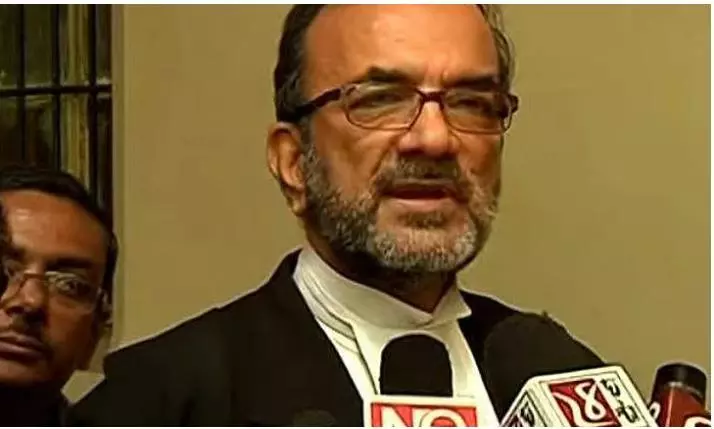
CPI (M) MP questions killing of terrorists’ family as achievement while Pahalgam attackers remain untraced
text_fieldsCommunist Party of India (Marxist) Rajya Sabha MP and senior advocate Bikash Ranjan Bhattacharya has questioned the Indian Army’s assertion that terrorists were killed in Operation Sindoor, pointing out that the four assailants responsible for the Pahalgam terror attack remain untraced and arguing that the killing of terrorists’ family members cannot be deemed an achievement.
Raising concerns over the goals and consequences of the operation, Bhattacharya noted that official statements had not confirmed the elimination of any identified terrorists, and instead indicated that only wives and mothers of alleged militants had died in the cross-border action, which he contended raised serious questions about the nature of the targets, India Today reported.
As the Indian Army claimed to have destroyed nine terror camps across Pakistan and Pakistan-occupied Kashmir, Bhattacharya questioned whether any of the actual perpetrators of the Pahalgam attack had been killed or captured, and stressed that retaliatory actions without neutralising those responsible amounted to symbolic gestures rather than substantive counter-terrorism success.
Referring to conflicting narratives over the nature of the targeted sites, he pointed out that while Indian authorities described them as militant infrastructure, Pakistan insisted that they were civilian areas, and he stressed that the government must clarify this distinction to ensure that actions taken in the name of national security are not viewed as indiscriminate or lacking accountability.
Drawing a parallel with global practices, Bhattacharya remarked that if India continues to justify strikes based solely on the alleged affiliation of targets, it risks adopting a rationale similar to that of Israel, which he said often labels Palestinians as terrorists to defend its military operations.
While maintaining that he trusted the Indian Army’s intentions, Bhattacharya insisted that belief alone was insufficient in the absence of facts, and argued that identifying militants by association and claiming success without tracing the actual attackers undermines both operational credibility and moral justification.
He questioned whether retaliatory bombings that fail to eliminate the attackers of high-profile incidents such as the Pahalgam terror strike could truly be presented as achievements, and warned that such patterns—if repeated—risk turning counter-terror efforts into routine spectacles without delivering justice or deterrence.
Calling for a more rigorous assessment of military outcomes, Bhattacharya stressed that those in power must take responsibility for the results of their decisions and reiterated that genuine counter-terrorism success can only be claimed when those behind attacks are apprehended or eliminated, not when their family members are killed in their absence.






